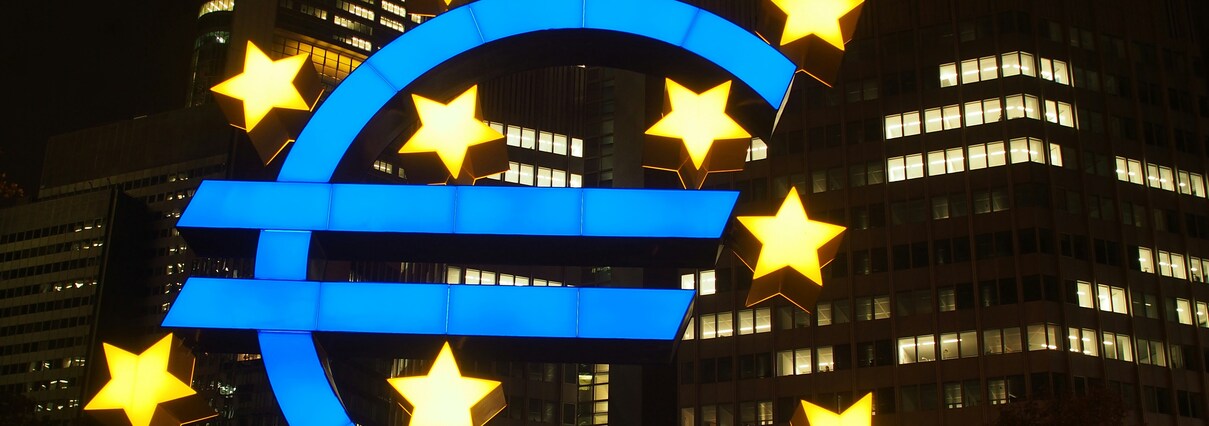Volodymyr Zelensky, a comedian with no political experience, won the second round of the presidential election with a landslide on 21 April, gaining 73% of the vote. Incumbent President Petro Poroshenko got just 24%. Since Zelensky does not yet have a base in the parliament, the election outcome may intensify policy standstill – including crucial IMF-required reforms – until the legislative polls scheduled for October 2019. Snap elections would be a solution but supposedly there is no clear procedure for such a scenario. Poroshenko’s failures during his term include a poor track record on IMF-mandated reforms, little progress in the fight against corruption and almost no advancement with regard to the Russian-backed insurgency in the east of Ukraine. To tackle the latter two issues was a key campaign promise of Zelensky, but we do not expect rapid, significant progress on these in the next two years or so. In the near term, an economic challenge is already waiting: Russia announced to ban oil and coal exports to Ukraine from June. As Russia accounts for 35% and 65% of Ukraine’s total oil and coal imports, respectively, we expect supply shortages and, as a result, rising inflation in H2 2019.















